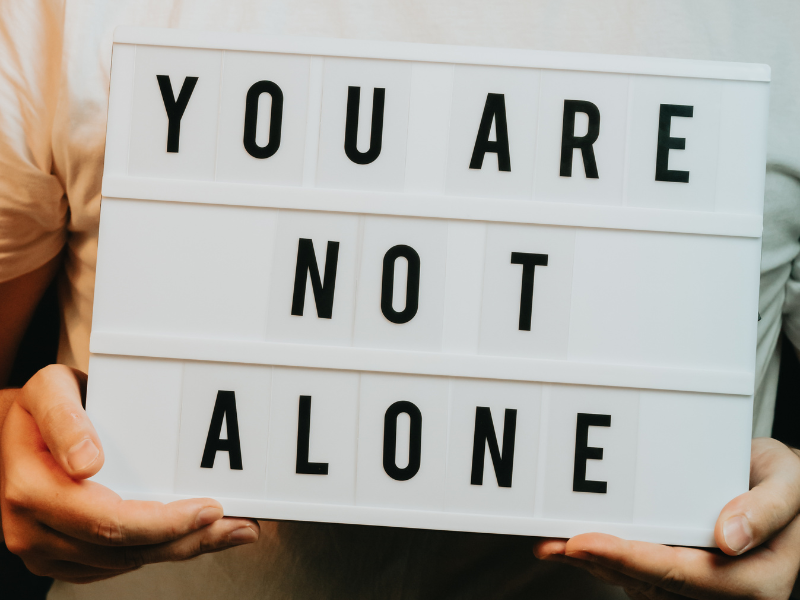The Big Picture: The mental health crisis in the U.S. is not solely a clinical issue—it’s a crisis of community, with loneliness at its core. Despite record federal spending and initiatives to increase the number of mental health professionals, the rate of mental health issues, including anxiety, depression, and addiction, continues to rise, according to USA Today.
Zoom Out: Approximately 20% of U.S. adults, or nearly 60 million people, are diagnosed with a mental illness annually. The situation is particularly acute among youth, with nearly 40% of high school students reporting mental health struggles.
By the Numbers: Despite increased funding and efforts to bolster mental health services, there remains only one mental health professional for every 350 Americans needing help, with over half of those needing care avoiding it due to social stigma.
Between the Lines: The real issue may lie in the pervasive feelings of isolation and loneliness—affecting one-third of adults weekly—that no amount of funding alone can fix.
What We’re Hearing: Mental health professionals and community leaders advocate for a shift in how we address mental health, emphasizing the importance of community and interpersonal connections in fostering psychological well-being.
The Backstory: Historical and societal shifts have eroded traditional community structures, contributing to an increase in loneliness—a condition the U.S. Surgeon General has termed an “epidemic.”
What’s Next: Innovative community-based programs like The Phoenix and The Confess Project are leading the way by integrating mental health support within everyday community settings, showing promise in addressing these deep-seated issues.
Why It Matters: Mental health is fundamentally about more than just clinical interventions; it’s about ensuring that individuals have meaningful relationships and a supportive community to belong to.
The Bottom Line: Solving America’s mental health crisis will require more than just clinical solutions—it will demand a broad-based approach that fosters genuine interpersonal connections and community-building efforts.
The Life Anew Angle: Life Anew Behavioral Health’s mission to empower and provide holistic mental health services aligns closely with the emerging understanding that community and relationships are foundational to mental health. By fostering environments where clients can form meaningful connections and feel part of a supportive community, Life Anew not only addresses the clinical aspects of mental health but also the societal and emotional needs that are often neglected in traditional mental health care models. This approach is essential for tackling the root causes of loneliness and mental health challenges, promoting a more integrated, community-focused model of care that is crucial for true healing and psychological resilience.




